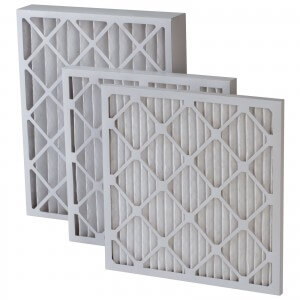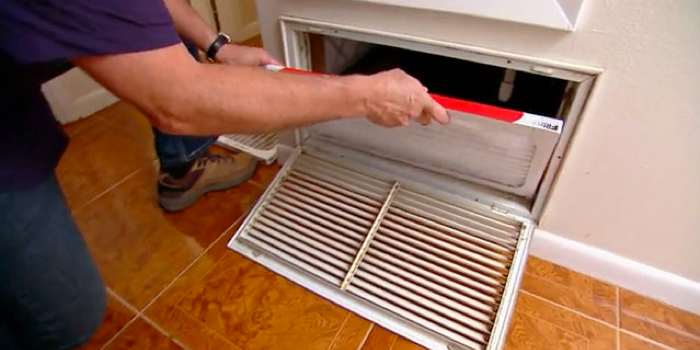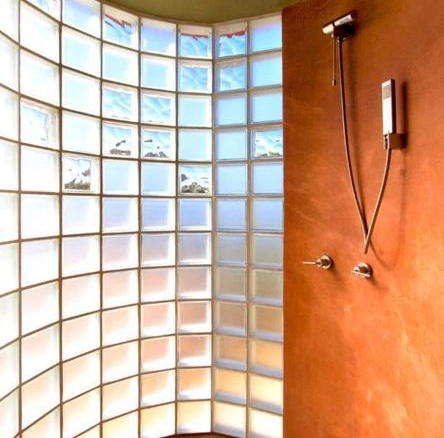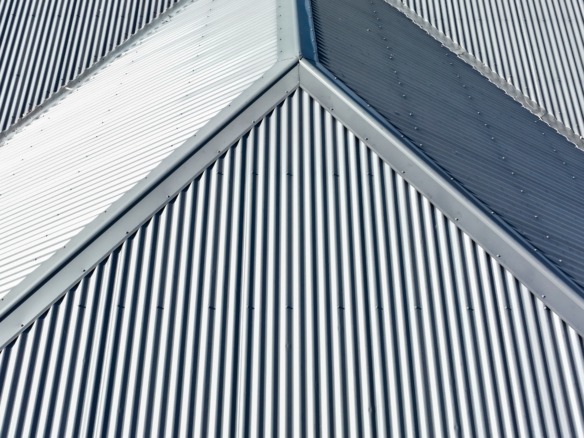
As the leaves begin changing colors and falling off nature gives us a quick reminder that winter is coming. Squirrels are getting prepared for this cold season; they are hiding away icons, and so should you. Get prepared for the winter, by changing or cleaning your AC air filters. But, why? Well, here is everything you need to know about air filters.
Air filters must be replaced (or cleaned)
The air filter is probably the most overlooked and the most underappreciated part of the HVAC system, yet it is the most critical players in defending your HVAC system. It blocks out dust and dirt that causes a mess of problem on your system. Yes, it reduces your home allergens and keeps it dusts free. According to the U.S Department of energy, replacing it ensures the efficiency of your cooling unit. Dirty filter kills your air conditioning unit, so replacing it once in a month during cold season will ensure that your AC runs to its fullest potential.
One size does not fix all

It is very easy to find replacement filters at your local stores. However, not all filters will fit perfectly; some types could do more damage to your system. Filters come in a multitude of types and sizes, so you need to know the size and the type your AC needs. All filters have what we call Minimum Efficiency Reporting value rating (MERV). The higher the MERV number, the better the filtration you get, meaning it can hold contaminant better.
Don’t make your AC work too hard
The higher the MERV number, the more energy needed to pull air. This typically means that it will be slowing down airflow of your AC unit. When buying an air filter, make sure you balance between sound quality and average MERV rating. It would also be a good idea to consider running an AC with ceiling fans, this way, air circulation will be done more efficiently.
Change up the time frame

Now, since you have picked a good air filter, a number of factors that affect how often you will have to replace it. If you have several pets, or you live in a dusty and polluted area or if you have severe allergies, replacing it once a month is a good rule of thumb. However, if you rarely use your AC, you can wait for several months. No need to blast your AC at full tilt when you are at work. If you have a central unit, install a programmable thermostat, this way you won’t have to change air filters now and then. Newer units have built-in timers, so you won’t have to shut the system when you are off for vacation. The only way to be sure you that you are changing the filters at the right time is to have a quick pick once a well and know how dirty it gets. You can hold it up the right and see through and determine whether you need one.
Can’t you just vacuum it?
Trying to vacuum air filters will only release dirt and dust from the filter and turn them loose. This will not only damage it, but it won’t also dry well enough, thus causing mold and bacterial growth. So, it is just better if you change it. Changing your AC filter is perhaps the easiest and quickest way to maximize your system efficiency, it’s easier than you think. The procedure will only take minutes and it won’t cost you that much.
Schedule maintenance
It’s a good idea to have an HVAC company like Magnolia Heating and Cooling clean your AC filters on a regular basis. Make sure you schedule this checkup before the winter begins. Make sure the cleaning schedule includes cleaning or replacing filters, adjusting fan belts, lubricating motors and bearing, cleaning blowers and fans, inspecting controls and verifying operating temperature.
Conclusion
Neglecting to change air filters, especially when cold season approaches is not a right decision; this will cause a number of problems with shared symptoms, which cause larger problems on your AC. Be prepared by replacing your AC air filters. Call your maintenance team to make sure it’s not clogged, balance air quality and energy cost when purchasing an air filter, just do whatever you have to do to make sure your AC is fully operational before cold season hits. If your AC unit is too old, you may need to consider upgrading because newer units often cost less to operate.



